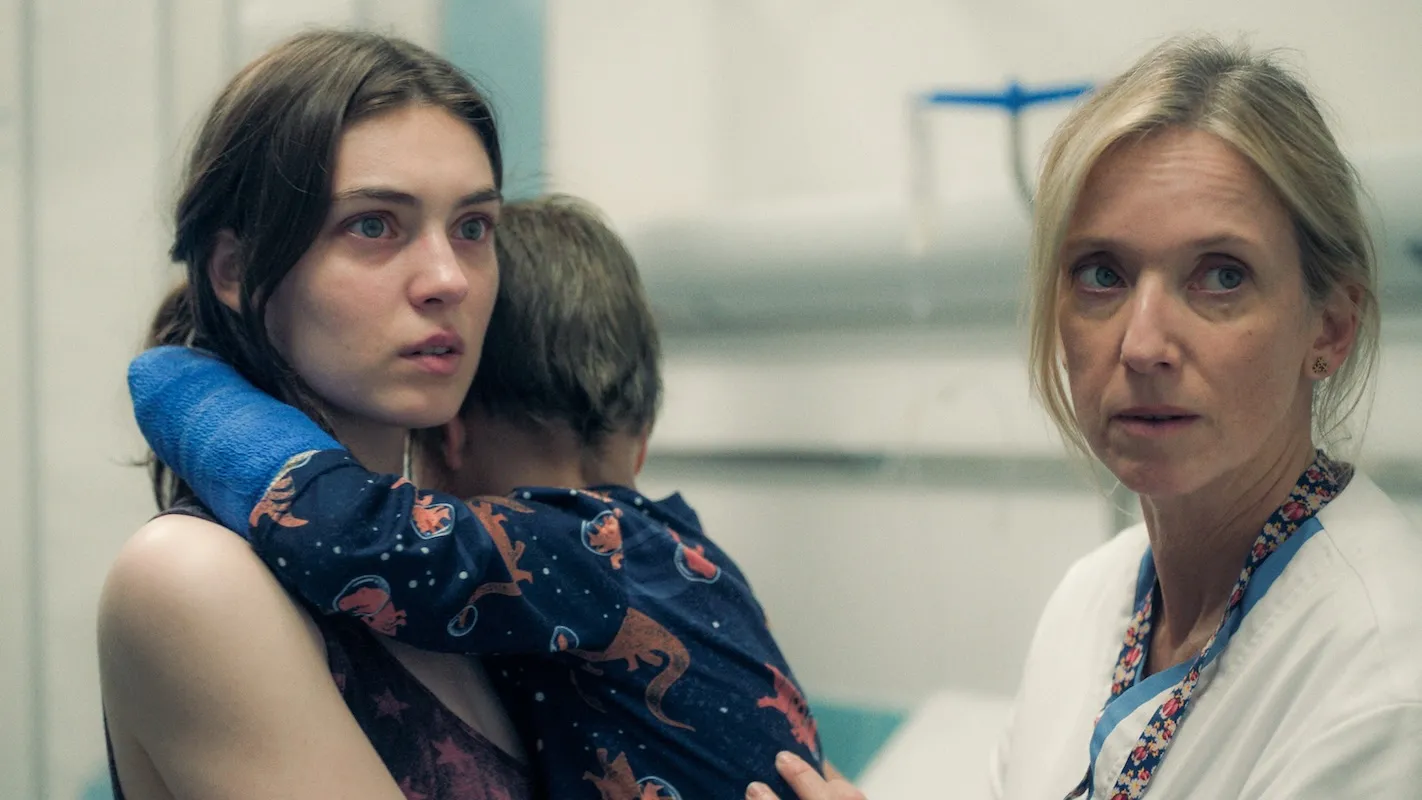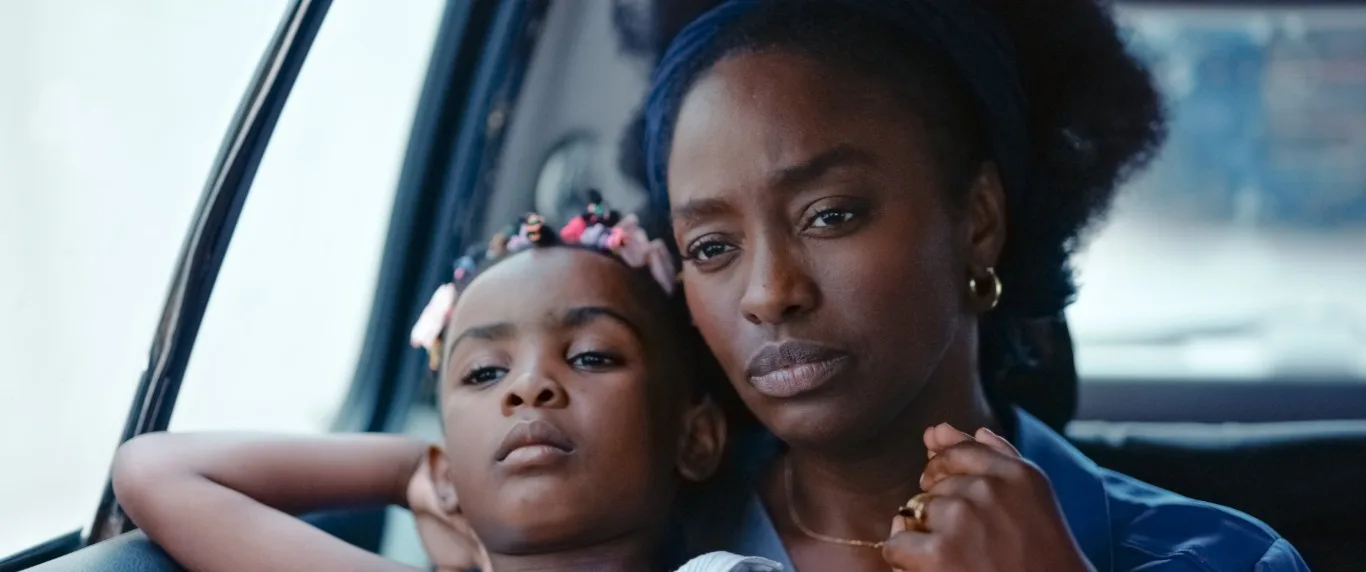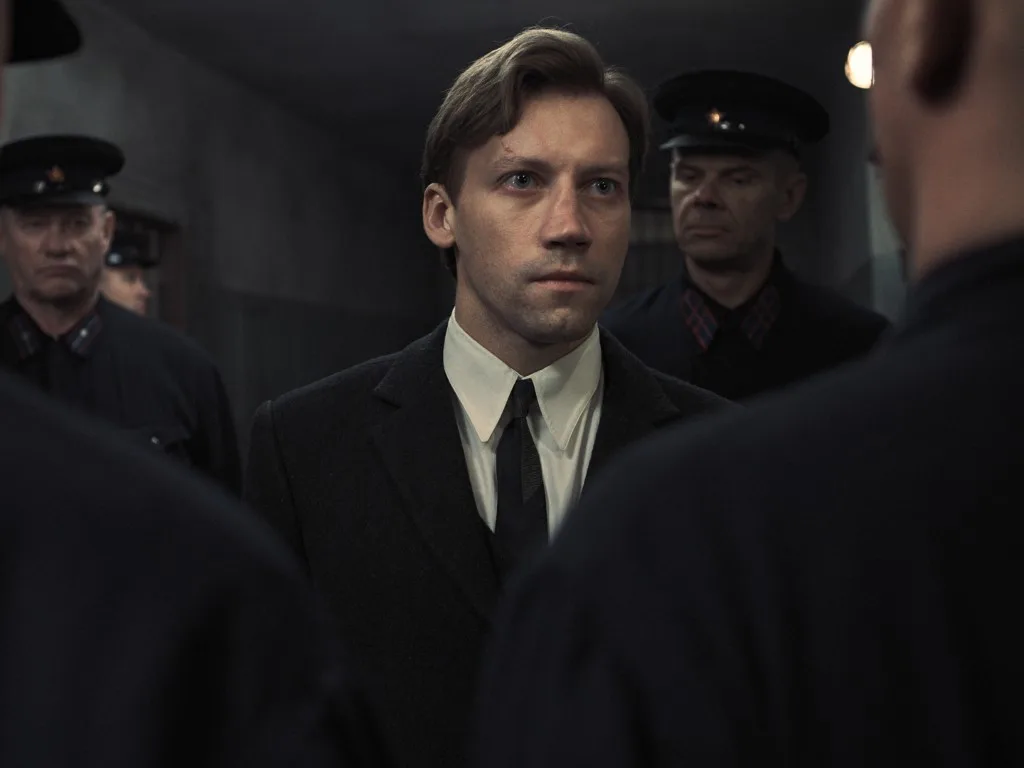The Kyiv-raised director Sergei Loznitsa has divided his recent career between documentaries and dramatized features. When he’s in the latter mode, as he is with “Two Prosecutors,” showing in competition, he tends to work in a deliberately paced, bleakly absurdist style, with a bleached palette and an eye for grim tableaus. There isn’t, in the final analysis, that much that happens in the movie, which is set in the Soviet Union in 1937 during Stalin’s purges. The suspense is simply in waiting for the totalitarian machinery to grind into place.
Based on a novella by Georgy Demidov, a physicist who himself had been held as a prisoner under Stalin, the film opens with a prologue of sorts, in which an inmate is assigned to burn an enormous bag of letters that are threatening to the regime. One bit of correspondence turns out to be the subject of the movie.
A prisoner, Stepniak, has attempted to contact a legal office in the Russian city of Bryansk. And sure enough, a lawyer, Kornyev (Alexander Kuznetsov), turns up to see him, much to the surprise of the prison authorities. Kornyev, who still believes in socialist ideals and the promise of the revolution, is a new investigating prosecutor; his job, he later explains, is to deal with citizens’ complaints and make sure that everything is being done in accordance with the law. He seems to be the only character who doesn’t realize that the rules have changed.
The bureaucrats’ go-to move is simply to wait Kornyev out. (Loznitsa steals away to show the prison’s governor cracking jokes; he seems to have plenty of time, but nevertheless instructs a subordinate to make Kornyev sit the whole day.) Next, it’s to claim that Stepnyak is ill and infectious. Kornyev, who remembers Stepniak, a respected legal mind, from his time in law school, refuses to budge.
The centerpiece of the film is the long-deferred meeting between Kornyev and Stepnyak (Alexander Filippenko), who has been tortured and surely does not have long to live. He doesn’t trust Kornyev at first, but he instructs him to get word to Stalin, whom he hopes will be horrified at the secret police’s behavior. Interestingly, Filippenko unrecognizably appears in dual roles, playing both the eminent lawyer Stepnyak and, later, an aging, working-class Leninist on a train, perhaps as a way of highlighting how Stalin’s cruelty cut across economic lines.
After more bureaucratic delays—Loznitsa shows us Kornyev taking a seat in a crowded waiting room that has to be emptied out one person at a time—Kornyev finally reaches Vyshynsky (Anatoly Beliy), the state prosecutor in Moscow, and addresses him with a naivete that Vyshynsky appears to find almost touching.
This particular strain of slow-burning Eastern European cinema has become familiar over the last two decades, not just from Loznitsa but from the Romanian New Wave. However, it nonetheless packs a punch in “Two Prosecutors,” where even the visual contrast between the protagonist and his surroundings seems to add to the tension. The casting of the clean-cut, presentable Kuznetsov—the sole actor who walks through the movie without the bearing of the walking dead, while everyone around him appears to have been hardened into a willing foot soldier or weathered by brutality—gives it a certain charge.

The morality in “Adam’s Sake” is a bit less clear-cut, although the film, which opened the parallel festival Critics’ Week, attempts a tricky balance of sympathies that I’m not certain it pulls off. The Belgian director Laura Wandel’s previous film, “Playground,” was a portrait of school bullying that systematically laid out how schoolyard bullies are often made, not born, and how adults who try to rectify the problem have a tendency to make it worse.
“Adam’s Sake” is set almost entirely in a hospital, where the title character, the 4-year-old Adam (Jules Delsart), is being treated. He has fractured his arm, and the cause was malnourishment. His mother, Rebecca (Anamaria Vartolomei), refuses any acceptable diet for him and even secretly throws out a meal that the hospital supplies. What she does feed him looks more like baby food, and her pathology seems to be that she needs to baby him, to treat him as entirely dependent on her.
Because Adam is so young, he has to some degree come to rely on his mother’s smothering, and he refuses to eat without her present—which complicates the hospital’s task of feeding him. The court is losing patience with Rebecca, who stands to lose custody of Adam entirely, as are the medical personnel, who see the pressing need for Adam to eat.
However, Lucy (Léa Drucker), the head pediatric nurse, has slightly more compassion for Rebecca. Part of the movie’s conceit is that, as a fellow single mother, Lucy understands Rebecca’s anxieties—and her failure to see how she is harming her son—more than her superiors do (Claire Denis regular Alex Descas plays her boss). And Lucy is willing to help Rebecca, possibly by giving her one chance too many.
Formally, the film owes something to the early, claustrophobic morality plays of the Dardenne brothers (there are lots of medium close-up shots that follow Lucy through the hospital corridors). Structurally, it’s something like a one-woman-against-the-system film, with the twist that the system—the hospitals and the courts—appears to be functioning more or less properly. It’s Lucy’s repeated insistence on bending the rules (by letting Rebecca visit with Adam longer than she should) that puts the child in jeopardy.
And so “Adam’s Sake” becomes a portrait of two complicated women, one of whom, Rebecca, obviously needs an urgent mental health intervention. The fact that both Drucker’s and Vartolomei’s characters aren’t particularly sympathetic is part of what makes “Adam’s Sake” interesting, although it’s also what throws it off-balance. Adam needs to be fed immediately. The drama between these two adults can’t help but seem secondary by comparison.

Surrogate motherhood is also a defining theme of “Promised Sky,” directed by Erige Sehiri, which opened the festival’s Un Certain Regard section. It’s a well-observed film about three immigrant women living together in Tunisia who all serve as parents for Kenza (Estelle Kenza Dogbo), a refugee of uncertain origin whose family was likely killed on the treacherous boat journey there. Whether it’s better for the three to look after Kenza and to keep her within a loving community, instead of turning her over to the authorities, is one of many issues they must confront.
Marie (Aïssa Maïga) is a pastor much of the immigrant community relies on. However, her profession has become dangerous now that authorities are accusing pastors of organizing trafficking across the Mediterranean. Naney (Debora Lobe Naney) lives a bit more dangerously than the other two and still has an adolescent daughter in the Ivory Coast. Jolie (Laetitia Ky) is studying to be an engineer but struggles with having much of her education delivered in Arabic (rather than her native French). Her student card gives her a perhaps misguided sense of security that the others don’t have.
The leads all make their characters vivid and real, and Sehiri directs with a refreshing absence of the melodramatics that a simple summary—three women and their orphan girl—would suggest.












